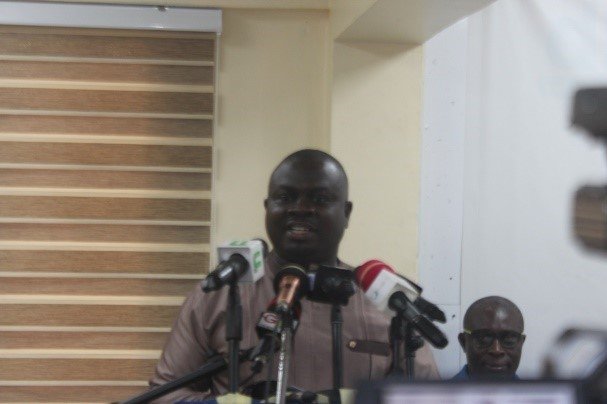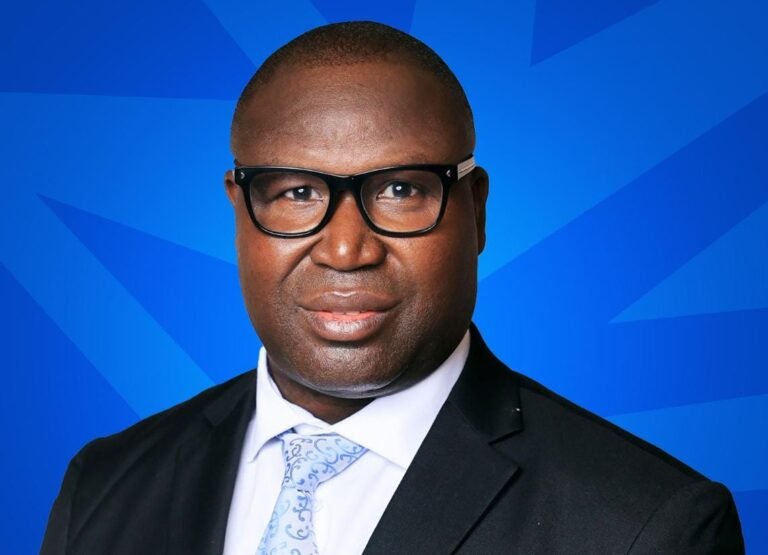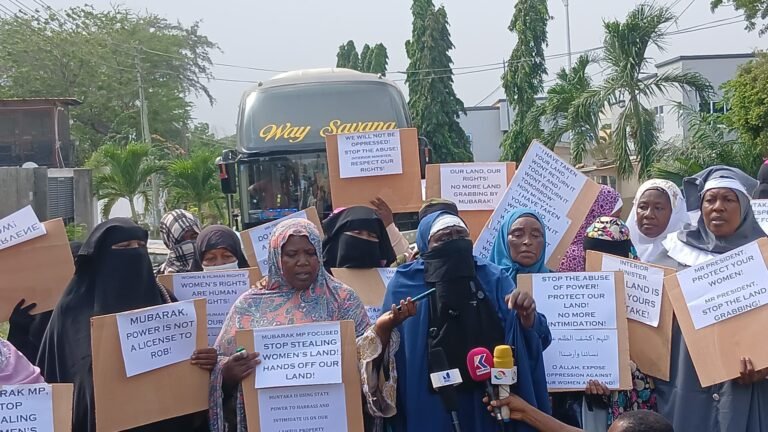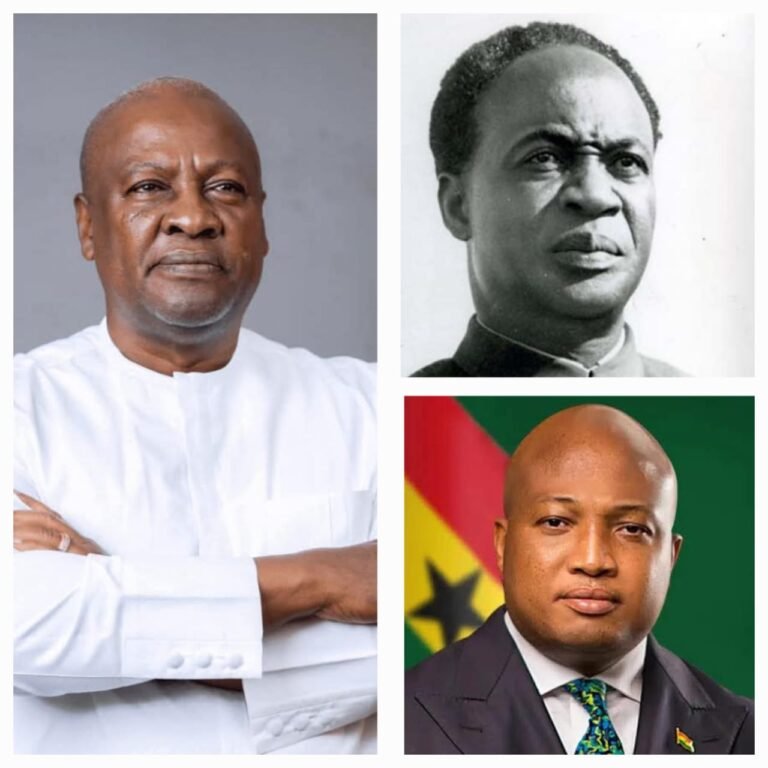
Albert Kwabena Dwumfour, GJA President

The President of the Ghana Journalists Association (GJA), Albert Kwabena Dwumfour, has commended the government, particularly the Ministry of Information, for the unflinching support which has culminated in its successful bid to host the Third African Media Convention (AMC) in May 2024.
Updating journalists on the new development at the Ghana International Press Centre in Accra, he said the Association’s executives had conferred with Information Minister, Kojo Oppong Nkrumah, to formally inform the government of the hosting rights.
The GJA President disclosed that the successful bid to host the next Convention was announced during the Second Africa Media Convention which was held in Lusaka, Zambia from 11 – 13 May 2023.
“I must say that the Convention was a moment of reflection by African media stakeholders on the revolving trends that impede freedom of expression and freedom of the media, media viability and sustainability as well as the safety and security of journalists,” he said.
Success story
Mr Dwumfour stressed that securing the bid was competitive because whilst GJA was making a strong case to host the AMC, other countries were also lobbying vigorously for it. He, however, attributed the success to Ghana’s vibrant media industry as well as media freedom and democratic credentials in the past.
“Ghana performed exceptionally well on the 2018-2020 World Press Freedom Index, rating third in Africa in 2018, first in 2019, and third once again in 2020. Regarding media freedom and independence, Ghana is among the most liberated nations in Africa. We however note that, our Press Freedom record in recent times has been a great cause for concern,” he indicated.
He also noted that GJA would be 75years next year and the convention will coincide with the 75th anniversary of the GJA as well as mark the 60th anniversary of the African Union (AU).
“Nothing gets better than this, we are excited. The GJA will be the first journalists’ association or union to host this event. The first Convention was hosted by the East African Editors’ Forum in Arusha, Tanzania, and the second edition of the Convention hosted by the Southern Africa Editors’ Forum (SAEF) in Lusaka, Zambia.
Convention highlights
Touching on major highlights of the convention awaiting implementation to enhance media practice on the continent, the GJA President mentioned the setting up of a national minimum wage for journalists per country as set out in ILO Convention 11 (ILO Minimum Wage Fixing Convention) and equal pay for equal work done by all regardless of their gender as spelt out in ILO Convention 100 on the principle of equal remuneration for all workers.
He emphasised the need to protect the media from political and economic pressures and thus consolidate the freedom of the media in Africa. “The need to draw the attention of Governments in Africa to pursue equitable sharing of revenues by Tech Giants to ensure media sustainability and viability,” he stated.
For his part, the President of the Ghana Independent Broadcasters Association (GIBA), Cecil Sunkwa-Mills, called on the media fraternity and stakeholders to prepare assiduously towards the convention, saying “we must internally clean our house”.
He also stressed the need to pick up issues raised by the University of Ghana’s Department of Communication Studies on “The State of Ghanaian Media Report 2023”. He reaffirmed his outfit’s strong commitment to partnering the GJA to make the convention a historic success.
African Media Convention
The AMC is currently the largest gathering of media stakeholders and policymakers in the continent. The Convention, an initiative of The African Editors’ Forum (TAEF) is designed to safeguard the hard-won media freedoms and safety of journalists on the continent.
It brings together media experts, scholars, students, journalists, journalists’ unions and associations, editors, public and private sector, including cooperating partners from around the African continent and beyond as well as representatives from UNESCO and the African Union Commission.
It is a moment of reflection by African media stakeholders on the revolving trends that impede freedom of expression and freedom of the media, media viability and sustainability as well as the safety and security of journalists.




